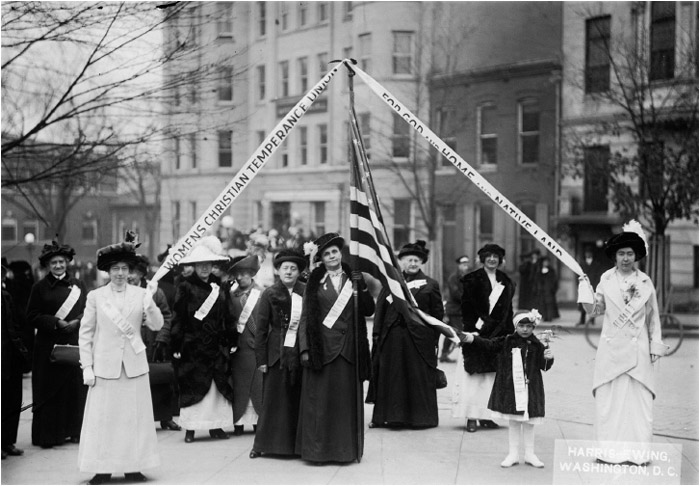
 The Progressive Era was a period of social, political, and economic reform in the United States from the end of the nineteenth century through the early 1920s. Many of the reforms, such as efforts to curb child labor and outlaw the sale of alcohol, began at the grassroots level. On the level of national politics, Progressivism was associated with the presidencies of Theodore Roosevelt (in office 1901–09), William Howard Taft (1909–13), and Woodrow Wilson (1913–21). Roosevelt and Taft are perhaps best known for invoking antitrust legislation to break up large corporations that had monopolized U.S. industries. Wilson reduced tariffs (taxes on imported goods) and introduced regulation of the nation's financial system with the passage of the Federal Reserve Act in 1913, which created a central banking system. The first two decades of the twentieth century were marked by sharp fluctuations in the economy, with brief spells of prosperity and expansion punctuated by a recession from 1902 to 1904, panics in 1907 and 1910, and another recession lasting most of 1913 and 1914. The national economy boomed during World War I (1914–18), as manufacturers and farmers faced increased overseas demand for their products and the government regulated prices in domestic markets. After the war, however, the agricultural sector declined due to reduced demand in European markets. Nevertheless, big business thrived for most of the 1920s.
The Progressive Era was a period of social, political, and economic reform in the United States from the end of the nineteenth century through the early 1920s. Many of the reforms, such as efforts to curb child labor and outlaw the sale of alcohol, began at the grassroots level. On the level of national politics, Progressivism was associated with the presidencies of Theodore Roosevelt (in office 1901–09), William Howard Taft (1909–13), and Woodrow Wilson (1913–21). Roosevelt and Taft are perhaps best known for invoking antitrust legislation to break up large corporations that had monopolized U.S. industries. Wilson reduced tariffs (taxes on imported goods) and introduced regulation of the nation's financial system with the passage of the Federal Reserve Act in 1913, which created a central banking system. The first two decades of the twentieth century were marked by sharp fluctuations in the economy, with brief spells of prosperity and expansion punctuated by a recession from 1902 to 1904, panics in 1907 and 1910, and another recession lasting most of 1913 and 1914. The national economy boomed during World War I (1914–18), as manufacturers and farmers faced increased overseas demand for their products and the government regulated prices in domestic markets. After the war, however, the agricultural sector declined due to reduced demand in European markets. Nevertheless, big business thrived for most of the 1920s.